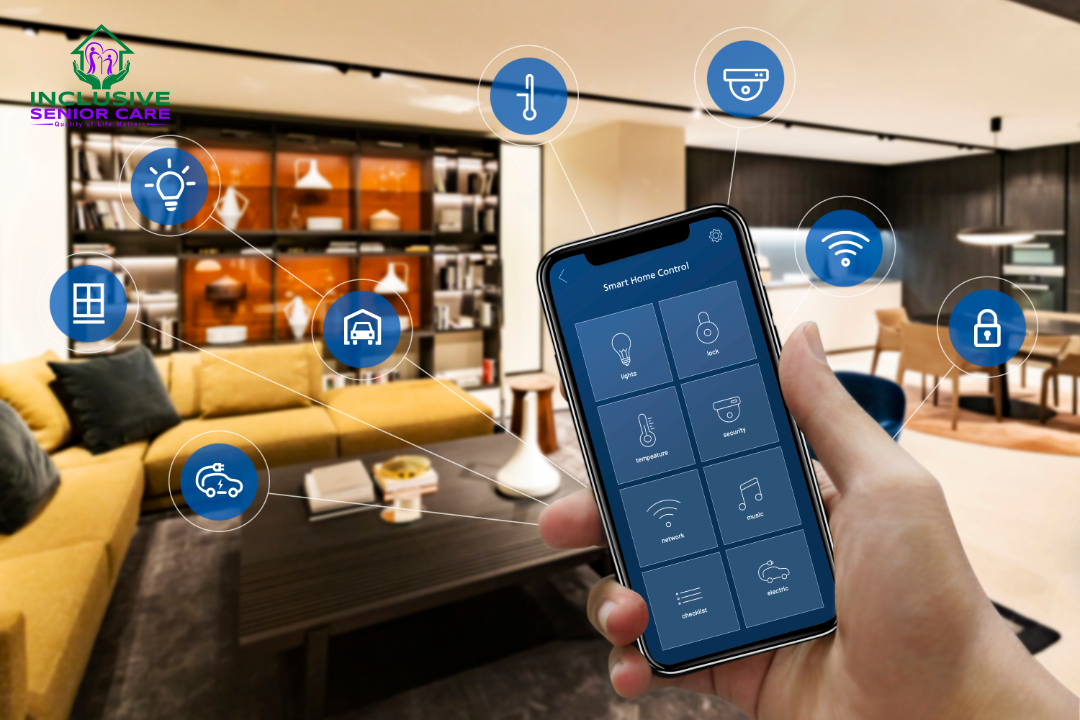The Sandwich Generation
Are You Caring for an Aging Parent and Your Children?

You Are Not Alone

Almost half the population finds itself in the “sandwich generation” – caring for parents and children.
10 Tips for Navigating Life in the “Sandwich Generation”
- Prioritize self-care.
- Seek support.
- Communicate openly.
- Utilize technology.
- Plan and organize.
- Educate yourself.
- Seek professional guidance.
- Practice self-compassion.
- Take breaks and set boundaries.
- Plan for the future.
If this is your first time seeking home care, we’re sure it’s a difficult decision and want to research to no end the best care is being provided. Seeking assistance is not a sign of weakness but strength and vision. Study shows 3 in 5 sandwich caregivers have depression, and 1 in 5 think of suicide because of caring for their children and senior parents.
Do you feel anxious, stressed, irritable, and at the same time guilty you are not doing enough? Meanwhile, you are missing out on opportunities at work and social life; more than 50% of caregivers harmed their careers, 40% negatively affected their physical health, and 50% affected their mental health.
So what’s the rate of suicidal ideation among sandwich generation caregivers? A shocking 52%. Alexandra Drane, Founder and CEO of Archangels, told the audience at the annual National Committee for Quality Assurance (NCQA) Quality Summit, highlights the significance of this number: “If you’ve thought about how you’d take your life in the last month, and you walk into a room of sandwich generation caregivers, you’re normal. That’s nice to know because most people who feel that badly put themselves into ‘double jeopardy.’ They’re mad at themselves for having these thoughts.”

Respite Care
We offer short-term assistance so family caregivers can get a much-needed break from the demanding responsibility of caring for an elder and their children. With respite care, the family can tend to other responsibilities and to avoid burnout or mental exhaustion. Our model is flexible to meet your requirements when you need them most.

SmarTek Connect
Inclusive Senior Care has a team of caregivers that help seniors stay socially engaged with friends and family. Inclusive Senior Care is committed to using progressive technologies to make our senior care programs more accessible and welcoming. Various services (like texting, emailing, video chat, Facebook, and more) help seniors and disabled adults live their best lives. These services are designed to help seniors leverage the convenience and benefits of smart home technology while addressing any challenges they may face due to limited technical expertise or physical limitations.

Resources
Check out the links, blog posts, and other resources made available to you by Inclusive Senior Care.
Navigating life in the "sandwich generation"
Navigating life in the “sandwich generation” can be challenging. Still, you can manage your caregiving responsibilities effectively with proper strategies and support. Here are some tips to help you:
1. Prioritize self-care: Taking care of your physical, emotional, and mental well-being is essential. Make time for self-care activities such as exercise, hobbies, relaxation, and spending time with friends. It’s not selfish—it’s necessary to recharge and maintain your own health.
2. Seek support: Don’t hesitate to ask for help. Reach out to family members, friends, or support groups who can assist with caregiving tasks, running errands, or simply lending an empathetic ear. Share your challenges and concerns openly and allow others to support you.
3. Communicate openly: Maintain open and honest communication with your parents and children about your challenges and limitations as a caregiver. Discuss expectations, set boundaries, and involve them in the caregiving process as appropriate. Encourage dialogue and foster understanding among all family members involved.
4. Utilize technology: Embrace technology tools and resources that simplify and streamline caregiving tasks. Explore telehealth services, care coordination apps, medication management tools, and online support groups. Technology can help save time, improve communication, and provide access to valuable resources.
5. Plan and organize: Develop a caregiving plan and establish a routine that works for you and your family. Create schedules, set reminders, and use calendars or task management apps to keep track of appointments, medications, and other essential responsibilities. Being organized can help reduce stress and ensure you stay on top of your commitments.
6. Educate yourself: Take the time to educate yourself about aging-related topics, healthcare options, and available resources. Attend workshops, read books, or join support groups focused on caregiving. The more knowledge you have, the better you’ll be to make informed decisions and navigate challenges effectively.
7. Seek professional guidance: Consult with healthcare professionals, financial advisors, or eldercare experts to understand the options available for your parents’ care and how to manage the financial aspects of caregiving. They can provide guidance and help you navigate complex situations.
8. Practice self-compassion: Remember that you’re doing your best in a challenging situation. Acknowledge your efforts, celebrate small victories, and be kind to yourself. It’s normal to feel overwhelmed or guilty at times but remind yourself that you’re making a positive difference in the lives of your loved ones.
9. Take breaks and set boundaries: Allow yourself time off from caregiving duties. Take breaks, plan vacations, or arrange for respite care when needed. Establish clear boundaries between your caregiving role and personal life to prevent burnout and maintain a healthy balance.
10. Plan for the future: Consider long-term planning for your parents’ and your needs. Explore options like long-term care insurance, advance directives, and estate planning. Proactive can provide peace of mind and help you prepare for potential challenges.
Remember, you don’t have to navigate the sandwich generation alone. Reach out for support, embrace self-care, and approach your caregiving responsibilities with patience, compassion, and resilience. Inclusive Senior Care is only a call away.

Talk With a Home Care Specialist Today!
Don’t waste anymore time. Call us today.
